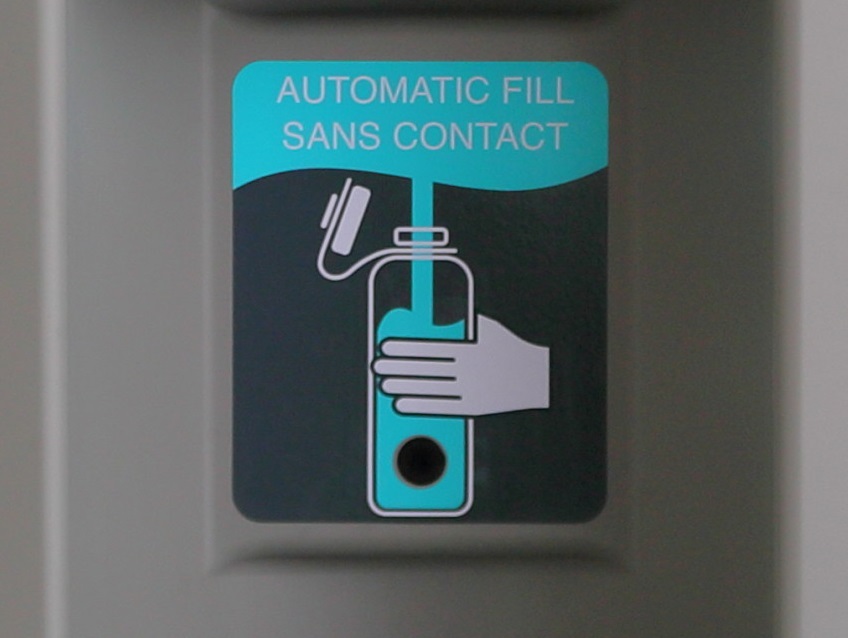Emirates to expand use of biometrics and self-service kiosks

Emirates handled nearly 1.2 million customers at its Dubai hub in July and August, compared with 402,000 customers during the same two months in 2020.
According to IATA’s latest World Air Transport Statistics 2021, Emirates was the largest international airline in 2020 carrying over 15.8 million passengers.
Emirates, known for its creativity, has invested in many new technologies designed to enhance the travel experience for customers, including biometrics and self-service check-in kiosks.
In 2019, the airline began testing and implementing biometric technology at various customer journey touchpoints at the airport. In the past year, Emirates fast-tracked its biometric technology roll-out and today has over 30 biometric cameras in active operation at its Dubai airport hub, including at check-in counters, at the entrances of its First and Business Class lounges, and select boarding gates.
Since implementation, over 58,000 customers have used this contactless and secure verification option to access the Emirates Lounge, and more than 380,000 customers have used biometric gates to board their flight.
Emirates has seen an upward trend in customers opting to use biometric channels since the pandemic, and it plans to expand the number of boarding gates equipped with biometric scanners.
The airline has also worked closely with Dubai airport stakeholders including the immigration team (GDRFA) to re-activate Smart Gates that enable eligible travellers to cruise through passport control on arrival and departure in a matter of seconds, using new contactless technology.
Enabling customers to check-in, receive their boarding pass, choose seats on board, and drop off their bags, Emirates’ new self-service check-in and bag drop kiosks have seen increasing usage since their introduction in September 2020.
In July and August alone, over 568,000 customers used the kiosks so they could skip queuing at the counter, breeze through the airport and proceed directly to immigration. In response to positive feedback, Emirates will introduce 6 additional self-service check-in and bag drop kiosks in its First and Business Class terminal area this month.
In the past year, Emirates also introduced new technology to make it easier for customers to report delayed or damaged bags on its website, reducing paperwork and stress, improving transparency, and enabling Emirates to serve customers better in terms of checking, tracing and resolving baggage related queries.
Travel Requirements and COVID-19
With travel requirements seeming to change on an almost daily basis, Emirates has been a forerunner in adopting digital verification solutions for travel, from adopting the IATA Travel Pass to partnering with the UAE health authorities to enable seamless digital checks for COVID-19 travel documentation.
Emirates was one of the first airlines to sign up for IATA’s Travel Pass in April and today offers this convenience to customers fly between Dubai and 10 cities, with plans to expand the service across its network as IATA continues to expand and secure service providers in more markets. By October, the airline expects to have extended the implementation of IATA Travel Pass for customers at all of its destinations.
Emirates also partnered with the UAE’s Aviation X-lab innovation incubator program to pilot robot cleaning trials in its signature lounges at Dubai airport. These robots use special technology to eliminate most viruses and ensure a healthier environment.
Since Dubai re-opened to international visitors, Emirates has gradually restored its network and flight schedules from just a handful of cities in July 2020 to over 120 destinations today, with many more flights to be resumed by the end of October.
Source: japantoday.com
